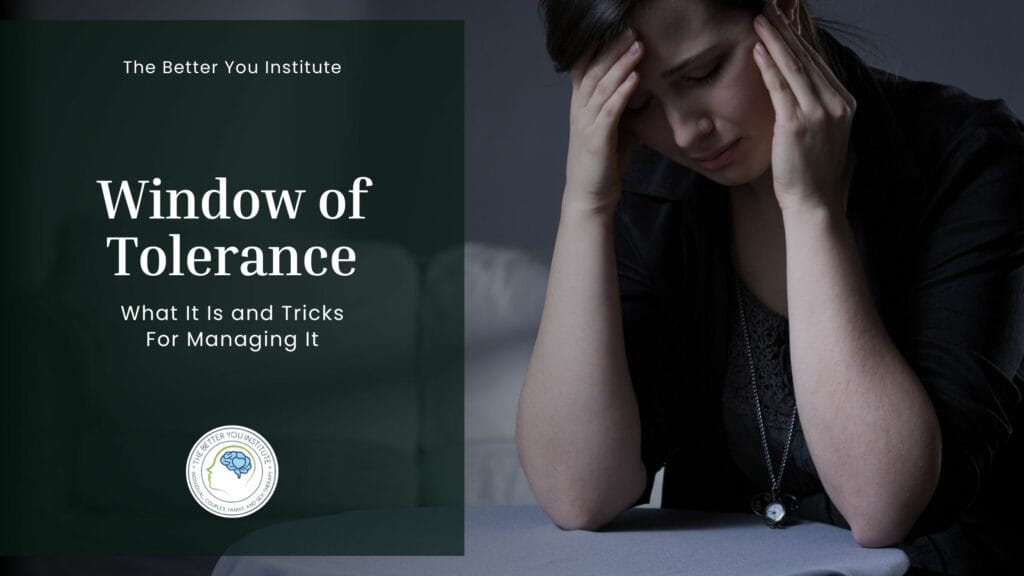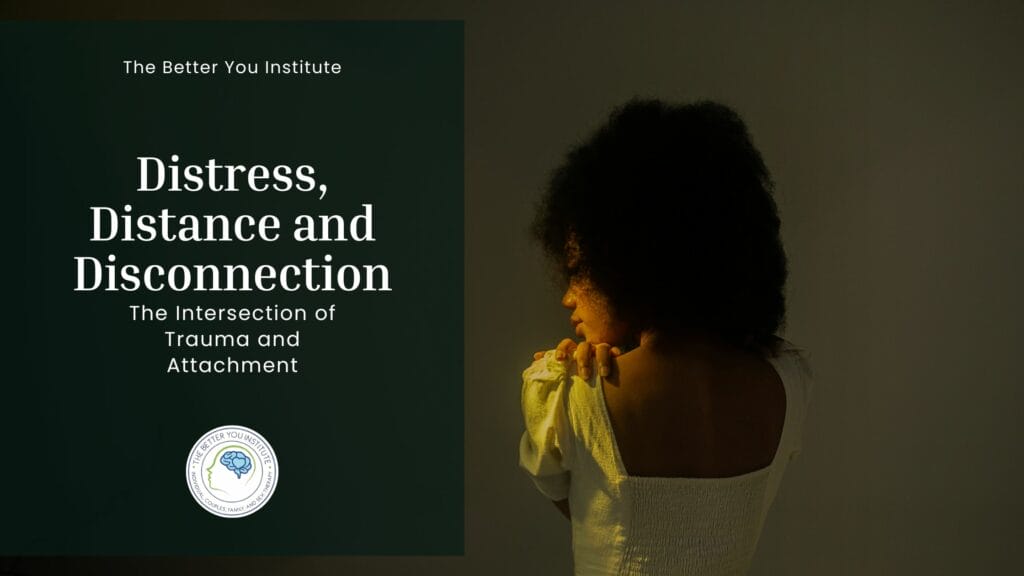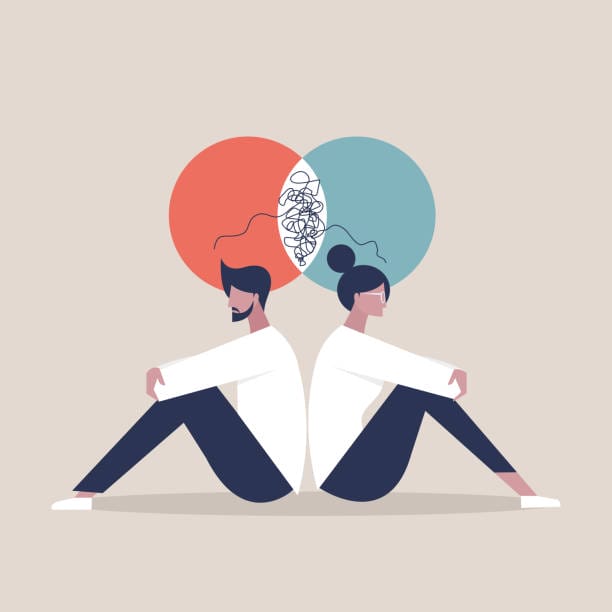Black, Indigenous, People of Color (BIPOC): meant to unite all people of color in the work for liberation while intentionally acknowledging that not all people of color face the same levels of injustice
Queer & Trans Black, Indigenous, People of Color (QTPOC or QTBIPOC): meant to honor and include people of color who are part of the LGBTQ+ community. The group exists to disrupt the heternormative narratives and to create space to explore and support the intersectionality of individuals within the LGBTQ+ and BIPOC communities.
Intersectionality: is a framework for conceptualizing a person, group of people, or social problem as affected by several discriminations and disadvantages. It takes into account people’s overlapping identities and experiences to understand the complexity of prejudices and microaggressions they face.
Decolonization: active resistance to the ideologies of colonialism that perpetuate the suppression and/or exploitation of certain populations’ minds, bodies, and lands. Its ultimate purpose is to overturn the colonial structure and realize indigenous liberation. This change must first happen within ourselves by questioning the legitimacy of colonization.
Institutional Oppression: is the systemic mistreatment of people within a social identity group, supported and enforced by the society and its institutions. Institutional oppression occurs when established laws, customs, and practices systemically reflect and produce inequalities based on one’s membership in targeted social identity groups. It creates a system of invisible barriers limiting people based on their membership in unfavored social identity groups. The barriers are only invisible to those unaffected by it. The practice of institutionalized oppression is based on the belief in inherent superiority or inferiority.
Privilege: a set of benefits given to people who fit into a specific social group. Society grants privilege to people because of certain aspects of their identity – race, class, gender, sexual orientation, language, geographical location, ability, religion, and many others. For example, for her safety, a woman may hold her keys between her knuckles as she is walking home late at night. A man may not think about his safety in that way and leave his keys in his pocket while he is walking home. Therefore, it is a man’s privilege to not have to think about his safety in the way that a woman would.
We invite you to share your own rendition of these terms in the comments section. We are always adding to the “dictionary” if you feel there are terms that we did not define that need to be defined, please leave them in the comments section.






